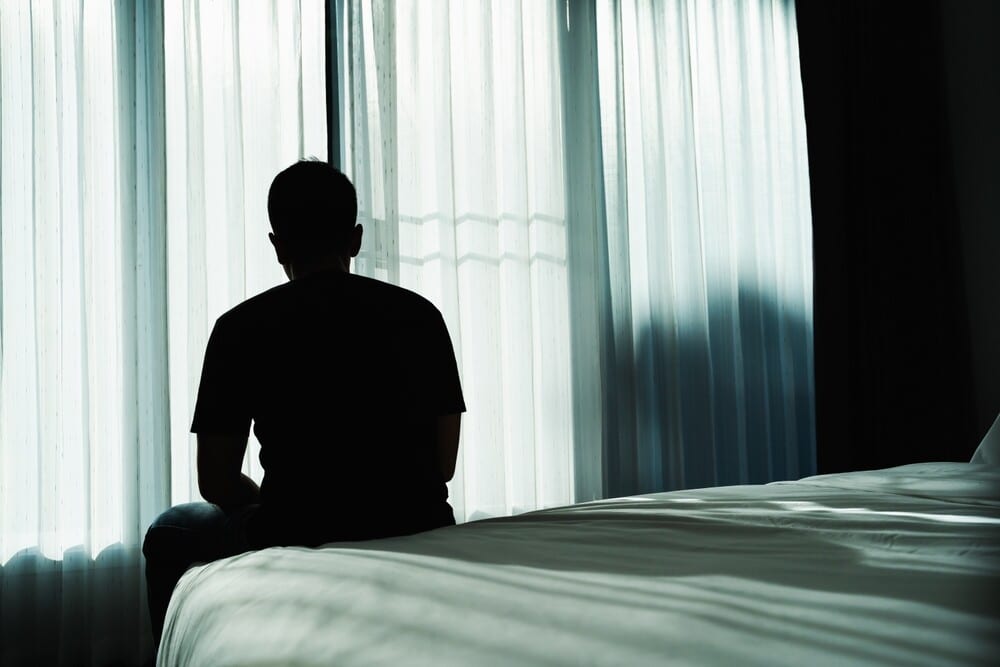In our fast-paced world, stress seems to be a constant companion, impacting our lives in more ways than we might realize. Among its many effects, stress can influence our hormonal balance, particularly testosterone levels, which play a crucial role in both men and women’s health.
How does this relationship work, and what can we do about it? Let’s delve into the complex interplay between stress, testosterone, and our well-being.
The Impact of Stress on Testosterone
Stress triggers the body’s fight or flight response, a survival mechanism that prepares us to either confront or flee from a threat. This response increases the production of stress hormones like cortisol.
While beneficial in short-term scenarios, chronic stress leads to high levels of cortisol, which can negatively affect testosterone production. The result? A potential decrease in testosterone levels, which can impact muscle mass, sex drive, and even lead to weight gain and increased blood pressure.
Can Stress Lower Testosterone?
The short answer is yes. Studies have shown that prolonged or chronic stress can significantly impact the body’s ability to produce testosterone. The stress hormones that flood our system during stressful situations can suppress the natural cycle of testosterone production, leading to lower levels of this crucial hormone.
The Depression-Testosterone Connection
Now, let’s tackle a couple of big questions: Can low testosterone cause depression, and does depression lower testosterone?
Research indicates a bidirectional relationship between testosterone and depression. Low testosterone can contribute to feelings of sadness and a lack of motivation, which are key symptoms of depression.
Conversely, experiencing depression can lead to behaviors and physiological changes that may decrease testosterone levels, creating a vicious cycle that can be hard to break.
Does Low Testosterone Cause Depression?
Low testosterone can indeed contribute to depression. Testosterone plays a vital role in regulating mood, and decreased levels can lead to a downturn in emotional well-being. Individuals with low testosterone might find themselves feeling more irritable, anxious, or experiencing a general lack of interest in activities they once enjoyed.
Can Depression Cause Low Testosterone?
Similarly, depression has been linked to lower testosterone levels. The physiological effects of depression, including changes in sleep patterns and increased stress, can affect the body’s hormone regulation, potentially leading to decreased testosterone production.
Does Stress Increase Testosterone?
While acute stress might temporarily increase testosterone in a fight or flight scenario, chronic stress is more likely to decrease testosterone levels over time. This is because the body prioritizes the production of stress hormones, which can inhibit testosterone production.
Solutions and Coping Strategies

Understanding the connection between stress, testosterone, and depression is the first step. Here are some strategies to manage stress and potentially improve testosterone levels:
- Exercise Regularly: Physical activity, especially strength training, can boost testosterone levels and improve mood, helping to combat both stress and depression.
- Healthy Diet: A balanced diet rich in nutrients supports overall hormone health and can help regulate testosterone levels.
- Adequate Sleep: Ensuring enough quality sleep each night can improve stress management, testosterone production, and overall mood.
- Stress Management Techniques: Practices like meditation, deep breathing exercises, and yoga can reduce cortisol levels and improve your stress response.
- Seek Professional Help: If you’re dealing with chronic stress, depression, or suspect you have low testosterone, consulting with a healthcare provider can offer personalized solutions and treatments, including the possibility of testosterone replacement therapy (TRT) if appropriate.
The Bottom Line
The relationship between stress, testosterone, and mental health is a complex but crucial one to understand. Chronic stress can lead to lower testosterone levels, which in turn can contribute to depression, creating a challenging cycle to break. However, by adopting healthy lifestyle habits and seeking professional advice when needed, it’s possible to manage stress, improve testosterone levels, and enhance overall well-being.
Remember, you’re not alone in this journey. Recognizing the signs of low testosterone and understanding the effects of stress and depression on your body are critical steps toward taking control of your health. With the right strategies and support, finding balance and improving your hormonal health is within reach.





